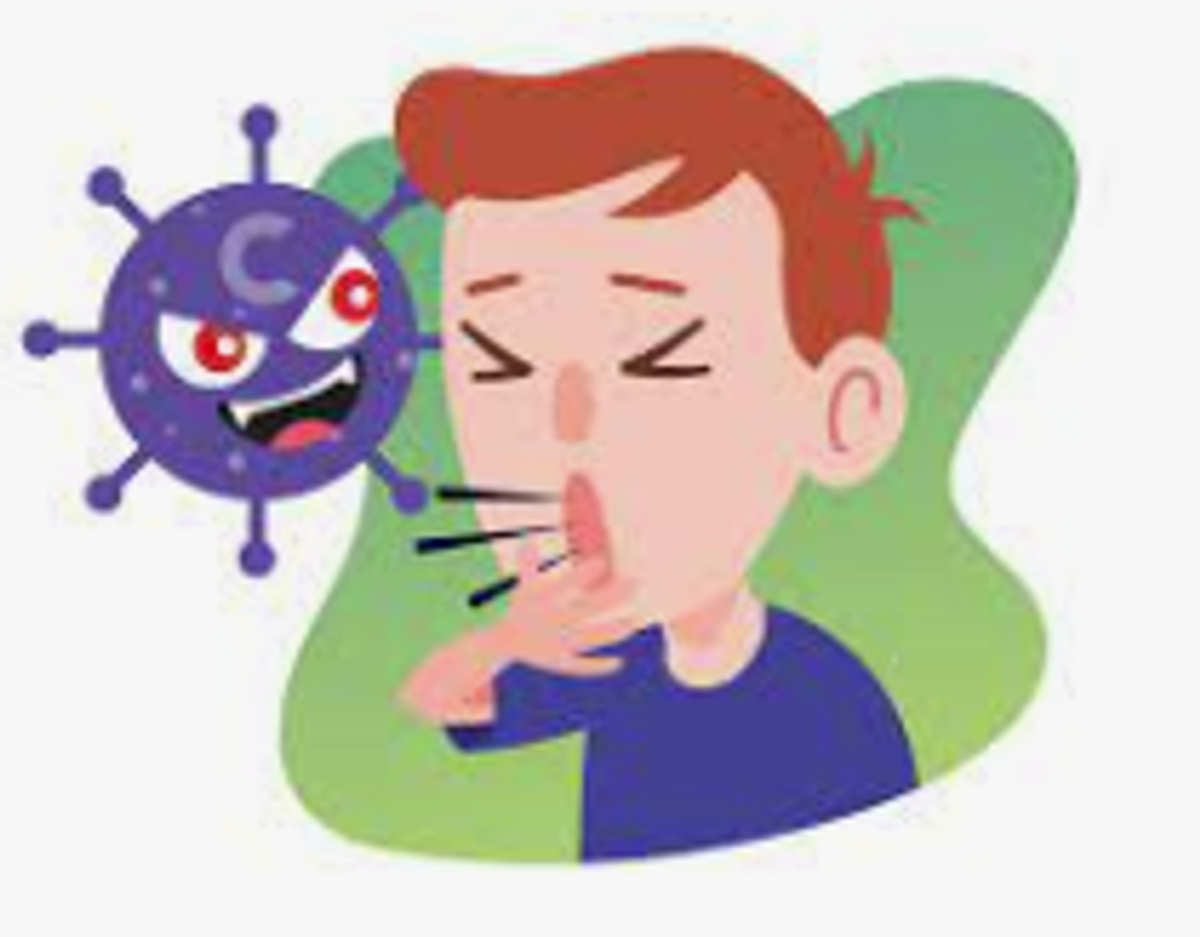School Nurse
Nurse Cecile

School Nurse
Nurse Cecile
As we approach the colder weather, I thought it would be helpful to provide information from the Royal Children's Hospital regarding Coughs and Colds.
Remember - an important way of keeping our school environment healthy and safe is to:


Cough is a very common problem for children. The most common cause of cough is a respiratory tract infection, such as a cold. Young children usually have six to 12 respiratory tract infections per year, usually caused by viruses.
Antibiotics don't help with coughs caused by viruses. Sometimes, children may cough for many weeks after a viral infection – this is called a post-viral cough and, again, antibiotics are usually no help.
Occasionally a cough may be caused by a bacterial infection in the throat or chest. In these cases, antibiotics may be prescribed by your doctor to treat a bacterial infection.
If your child is otherwise well, it is unlikely that there will be a serious cause for the cough.
If your child seems unwell and you are concerned, it is a good idea to take them to your GP. The doctor will check your child for other causes of cough.
If your child has a high fever, difficulty breathing, is not drinking very much or has fewer wet nappies than usual, take them to see the GP.
Some post-viral coughs may be present for many weeks after your child has recovered from the respiratory tract infection, for example, after bronchiolitis. This is normal. If the cough lasts for many weeks and you are worried, your GP may refer you to a paediatrician (specialist children's doctor).
A wet sounding cough, or a cough with phlegm, that lasts for four or more weeks as this type of cough could have other causes.
A child who has a persistent cough at night might have asthma. Usually, children with asthma will have other symptoms as well, such as wheeze and difficulty breathing. Many children with asthma also suffer from allergies and eczema. If you are concerned that your child may have asthma, see your GP for an examination and more information.
If your child is unwell, please keep them home until they recover.
If your child has asthma, please ensure that you have provided the school nurse with a copy of their current asthma action plan. A supply of ventolin and their own spacer is also recommended to have at school so we can administer reliever medication when it is required.


I hope that you all stay well over the holiday break and enjoy a wonderful time with family and friends.
We look forward to seeing you back in Term 2!
Warm regards,
Nurse